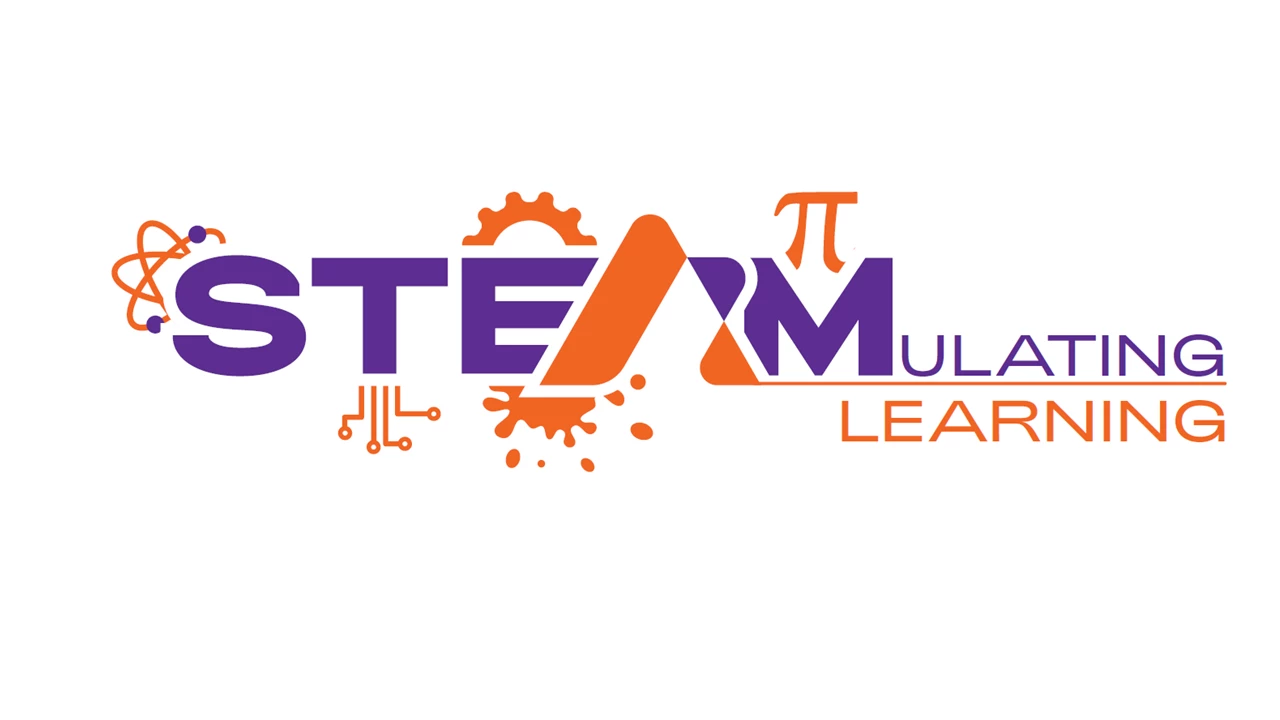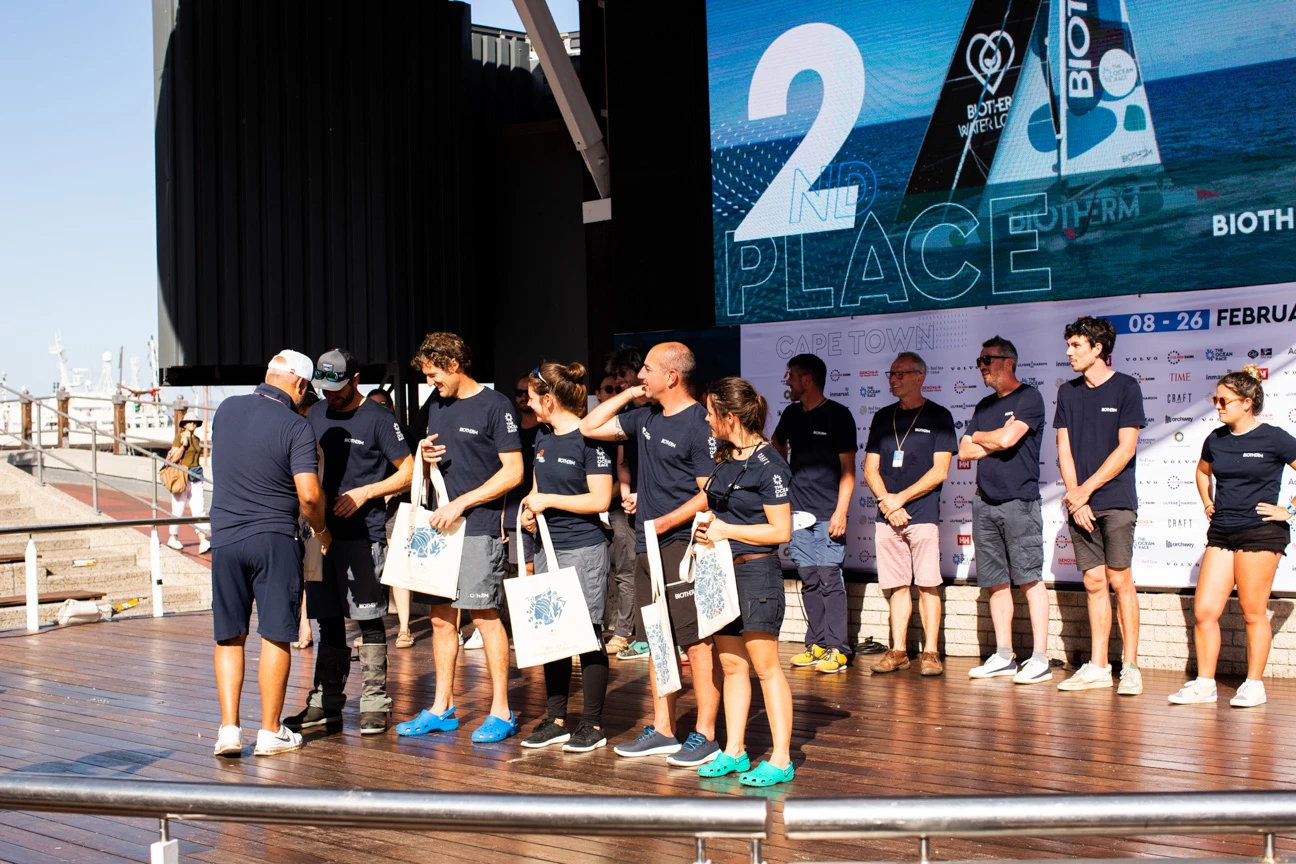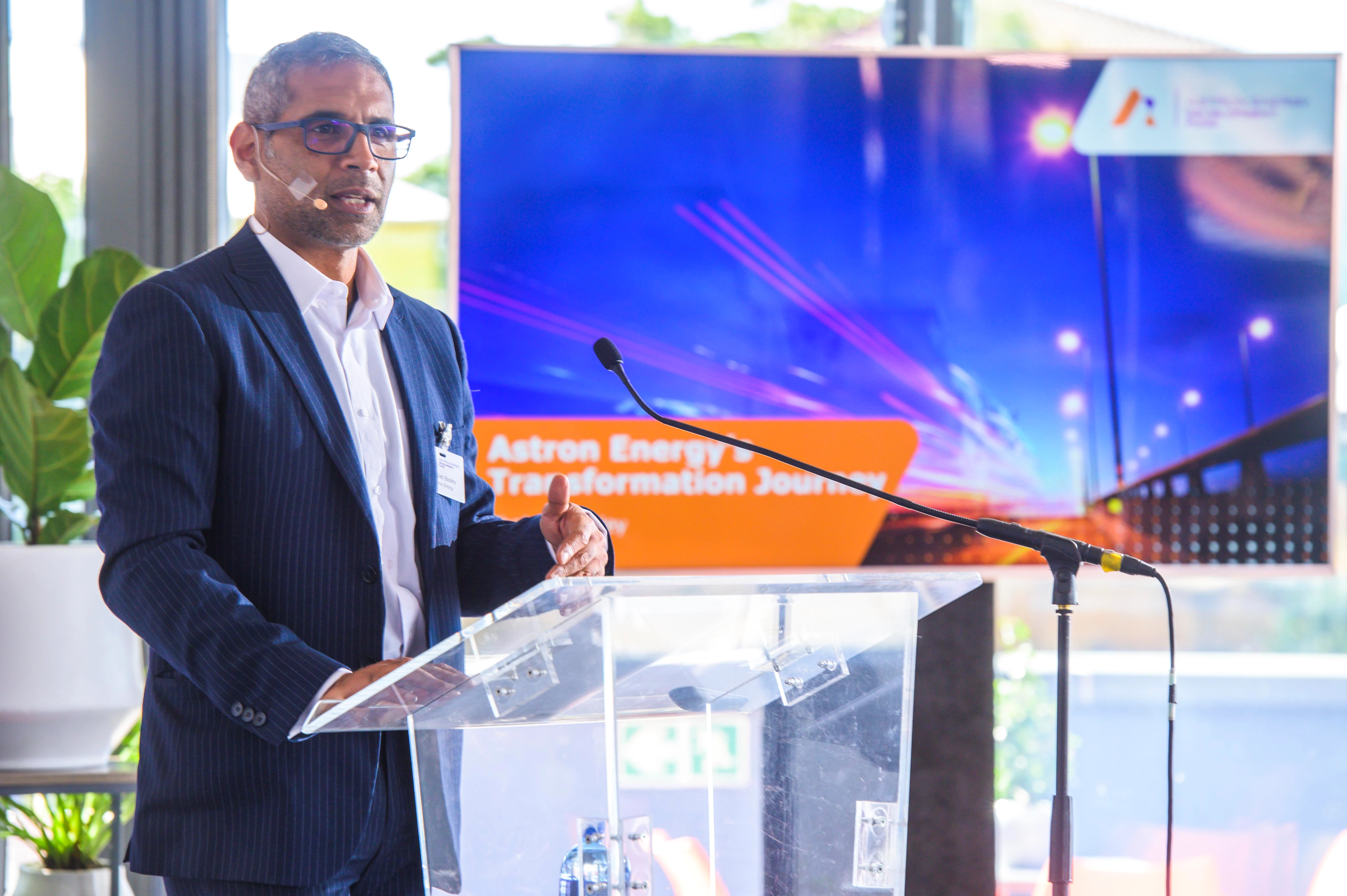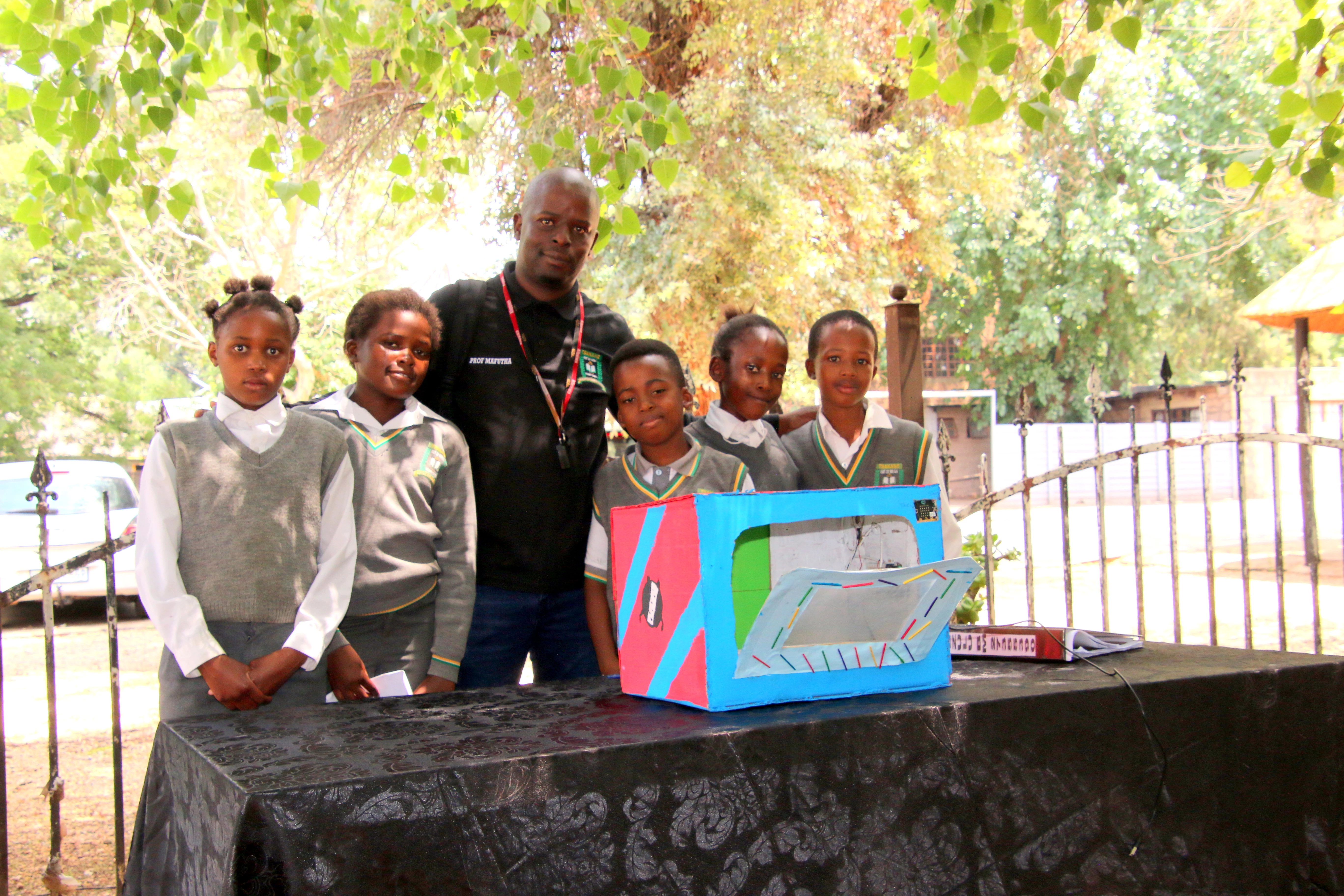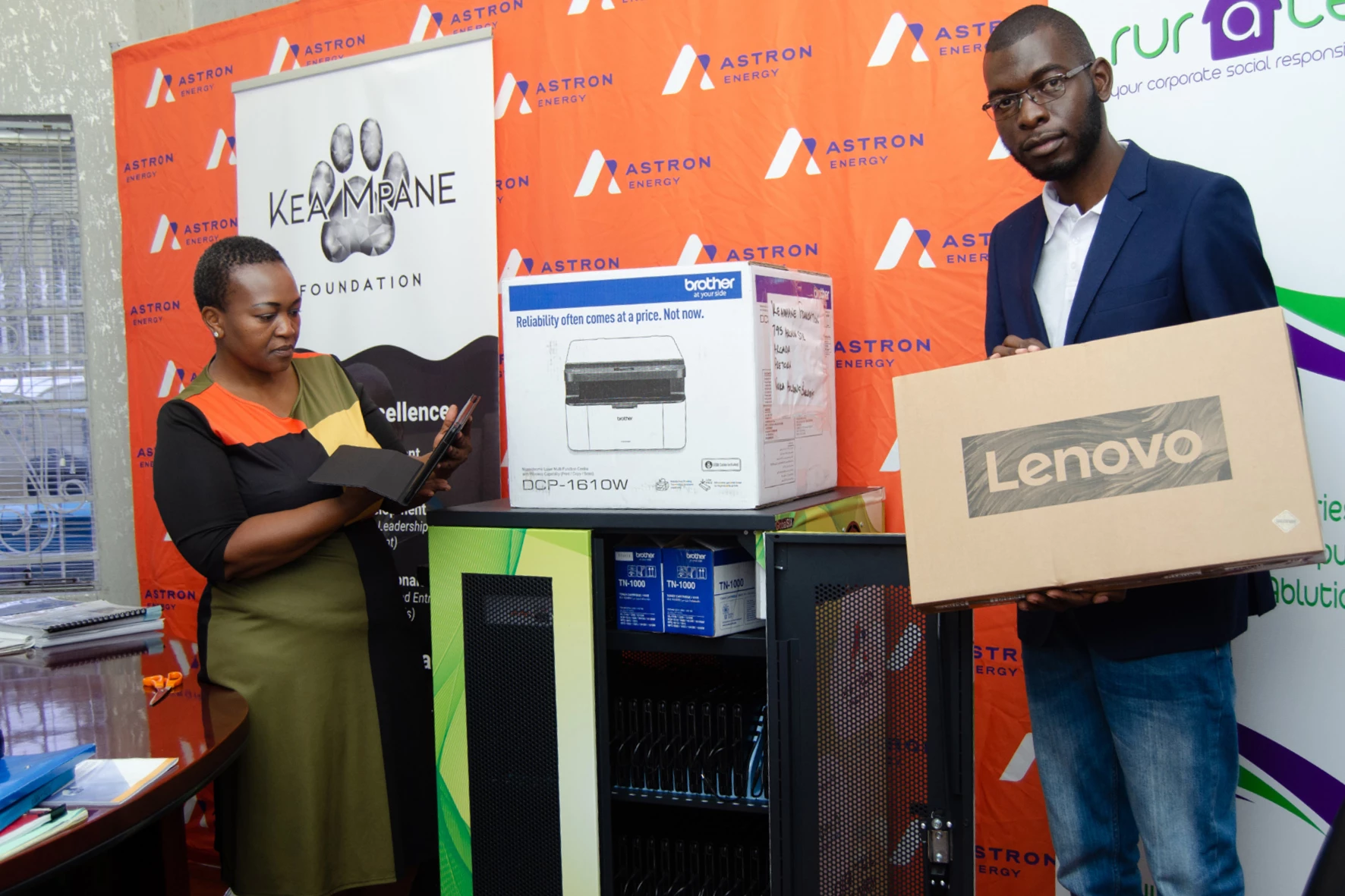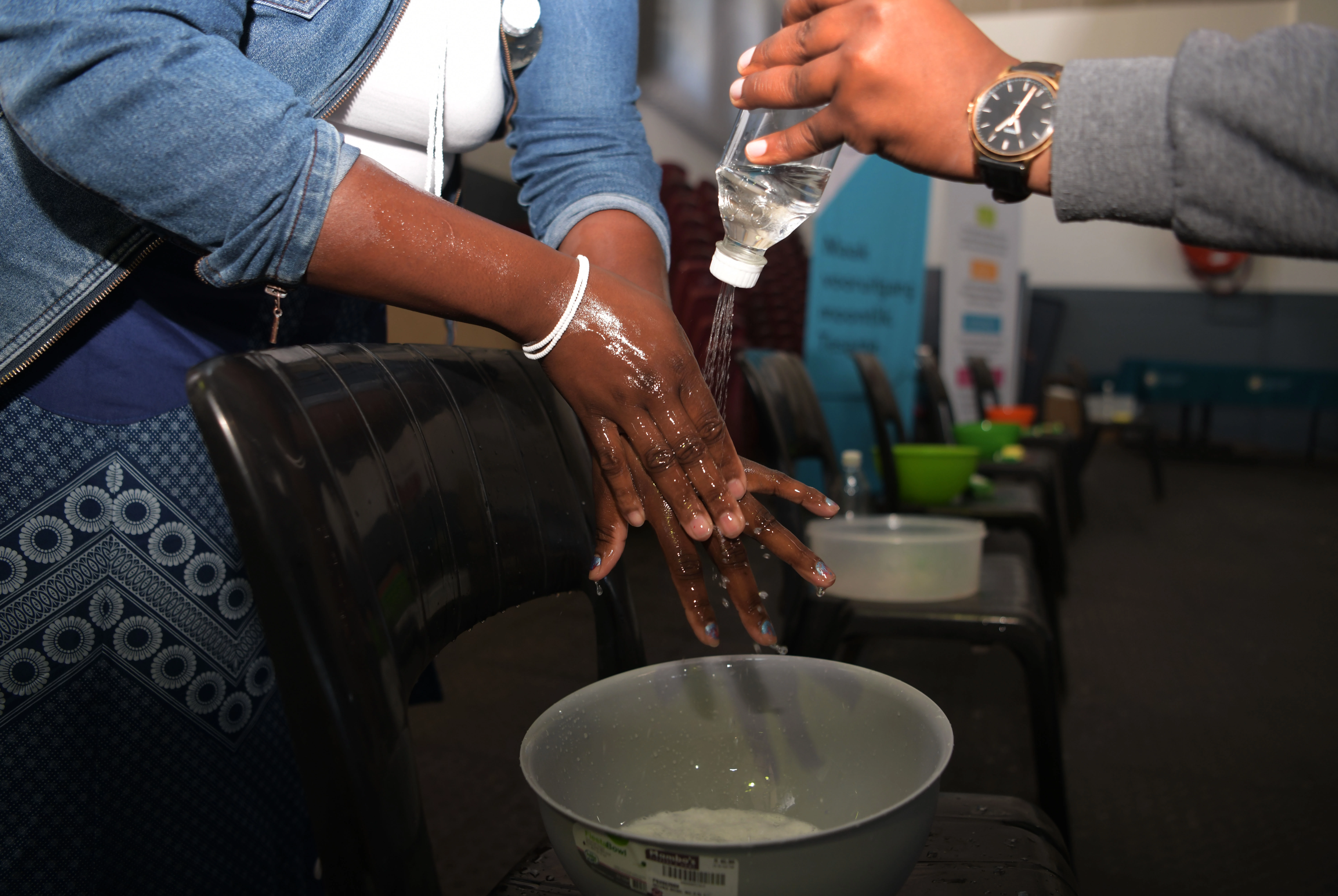MEDIA RELEASE
Astron Energy education initiatives go from STEM to full STEAM ahead
CAPE TOWN, 28 January - Astron Energy is expanding its commitment to educational development in South Africa, particularly in the sphere of STEM (Science, Technology, Engineering, and Mathematics) through programmes which reach thousands of learners each year.
Astron Energy, South Africa's second-largest petroleum network with over 850 Caltex-branded service stations in South Africa, has realised that the development of key STEM skills is facing a deep challenge due to a basic lack of literacy and numeracy among many learners.
In response, the company has developed an approach called STEAM – Science, Technology, Arts and Maths. It aims to improve literacy levels, develop problem-solving skills and give young people the best possible chance of succeeding in a digital future.
The company has made significant investments in educational initiatives around the country in a bid to address gaps in key skills and to help build a pipeline of talent for a future which will be driven by 4IR.
This includes a partnership with the Cape Town Science Centre which teaches and supports key STEM skills, including coding and robotics, to 10 primary and 10 high schools in the Western Cape Education Department Metro North district. This includes communities surrounding the Astron Energy refinery in Milnerton.
In KwaZulu-Natal, the company has teamed up with the Centre for the Advancement of Science and Mathematics Education (CASME) to reach schools located around Astron Energy’s lubricant manufacturing plant in Durban. A similar initiative exists in Gauteng’s East Rand area where Astron Energy has teamed up with ORT SA to conduct training and support for 10 schools.
Winny Dubazane, Astron Energy Social Investment Advisor, said: “We have seen definite improvements in maths because of focused training in STEM subjects which is extremely encouraging for us as we seek to develop the next generation of scientists and engineers.
“But we have also come to realise that a focus on STEM alone is not enough as there are still huge gaps, particularly around literacy and numeracy which impacts the ability of children to comprehend and engage effectively,” Dubazane said.
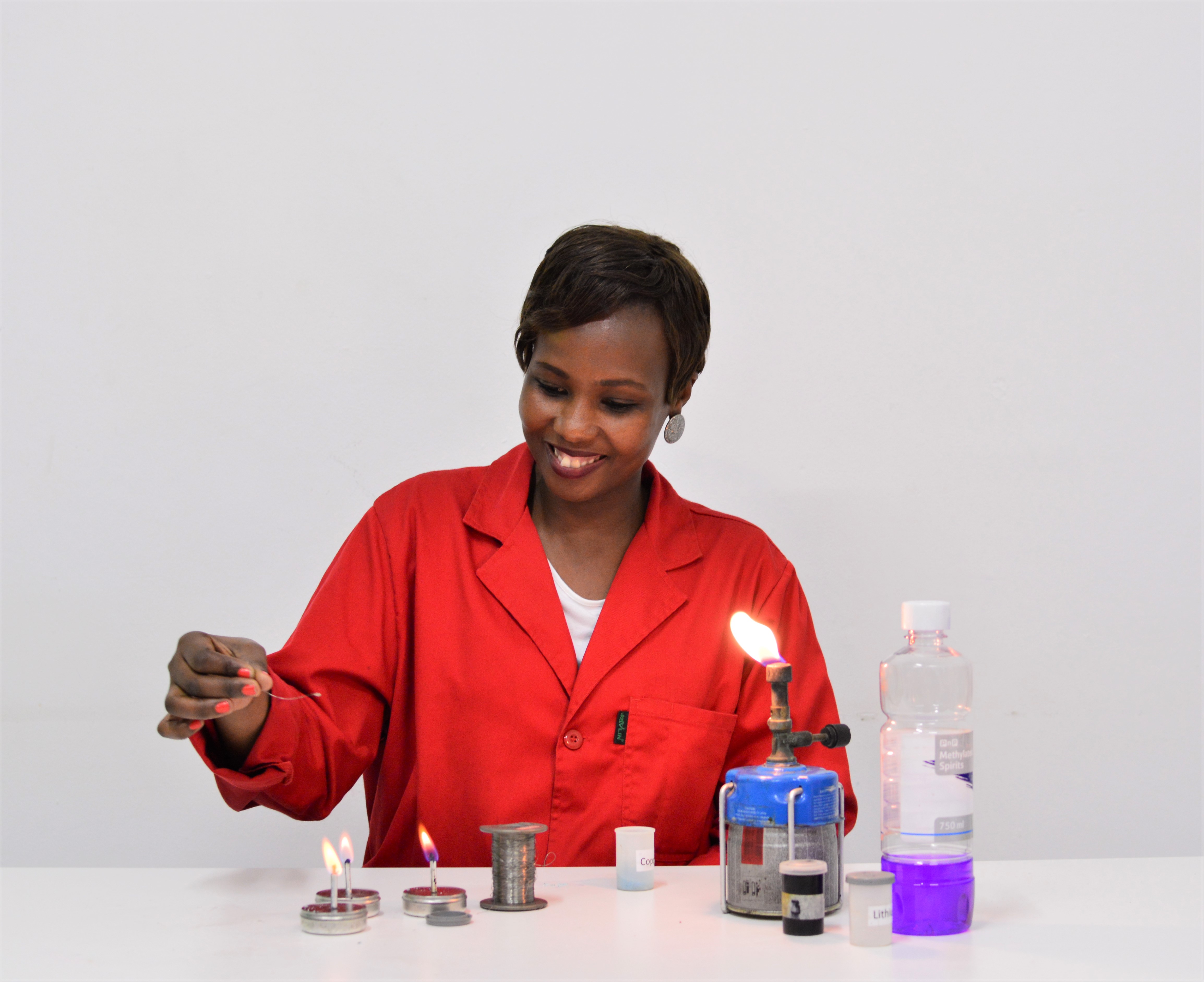
The 2016 Progress in International Reading Literacy Study (PIRLS) found that eight out of 10 Grade 4 learners cannot read for meaning across all languages in South Africa. The study, which is conducted every five years, saw South Africa placed last out of the 50 countries that participated in the study. This situation is likely to have been exacerbated by the impact of the Covid-19 pandemic which saw severe disruption to schooling in 2020 and this year.
“While STEM skills development programmes are critical, we have come to understand that in order for us to make a meaningful impact as an organisation, we have to address other critical skills which impact on the holistic development of the learner,” she added.
The 4th Industrial Revolution requires the 3Cs (Communication, Critical thinking and Collaboration) and “as part of our integrated approach to learning, we have included literacy and elements of numeracy to ensure we get the basics right”.
“The result is that STEM has become STEAM – Science, Technology, Arts and Maths,” she said. “The aim is, not only to improve literacy levels, but to develop problem solving and process-based learning by developing skills in the critical areas of Science, Technology, Engineering and Mathematics. We are striving to provide our young learners with the best possible platform to succeed.”
The expanded programme now includes collaboration with the Western Cape Primary Science Programme which focuses on science as well as numeracy and literacy basics at 12 primary schools. Astron Energy has also teamed up with Shine Literacy and Ruratech to deliver education programmes and support in the form of learning tablets to the identified schools in Gauteng.
In total, the Astron Energy education programmes reach over 10,000 learners a year.
Astron Energy will be looking to extend the Arts component to include a greater focus on social studies, physical arts, fine arts, and music.
Astron Energy Head of Corporate Affairs Jill Koopman said: “We aim to be a leading African energy company, strongly committed to being a responsible corporate citizen, and promoting education, health and economic development in an effort to build stronger communities and drive sustainable economic growth on the continent.”





